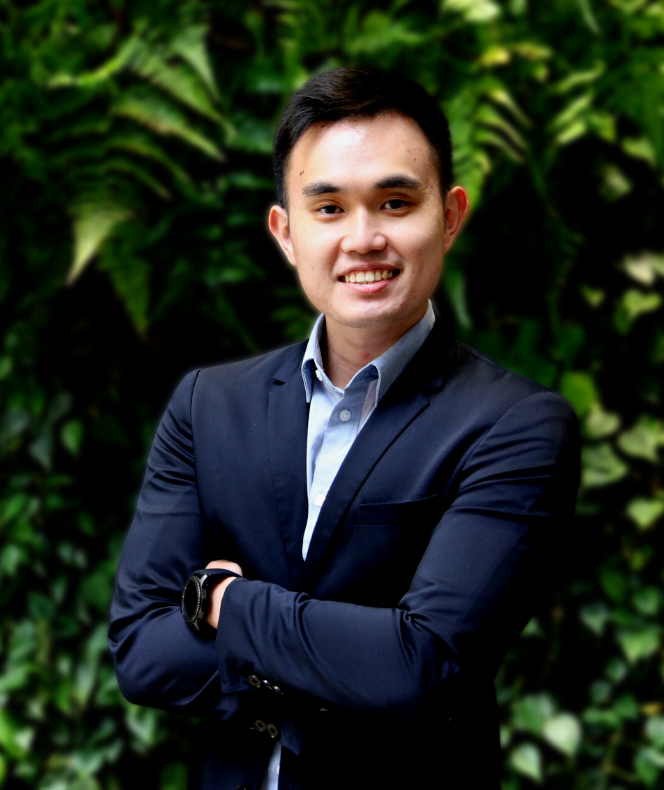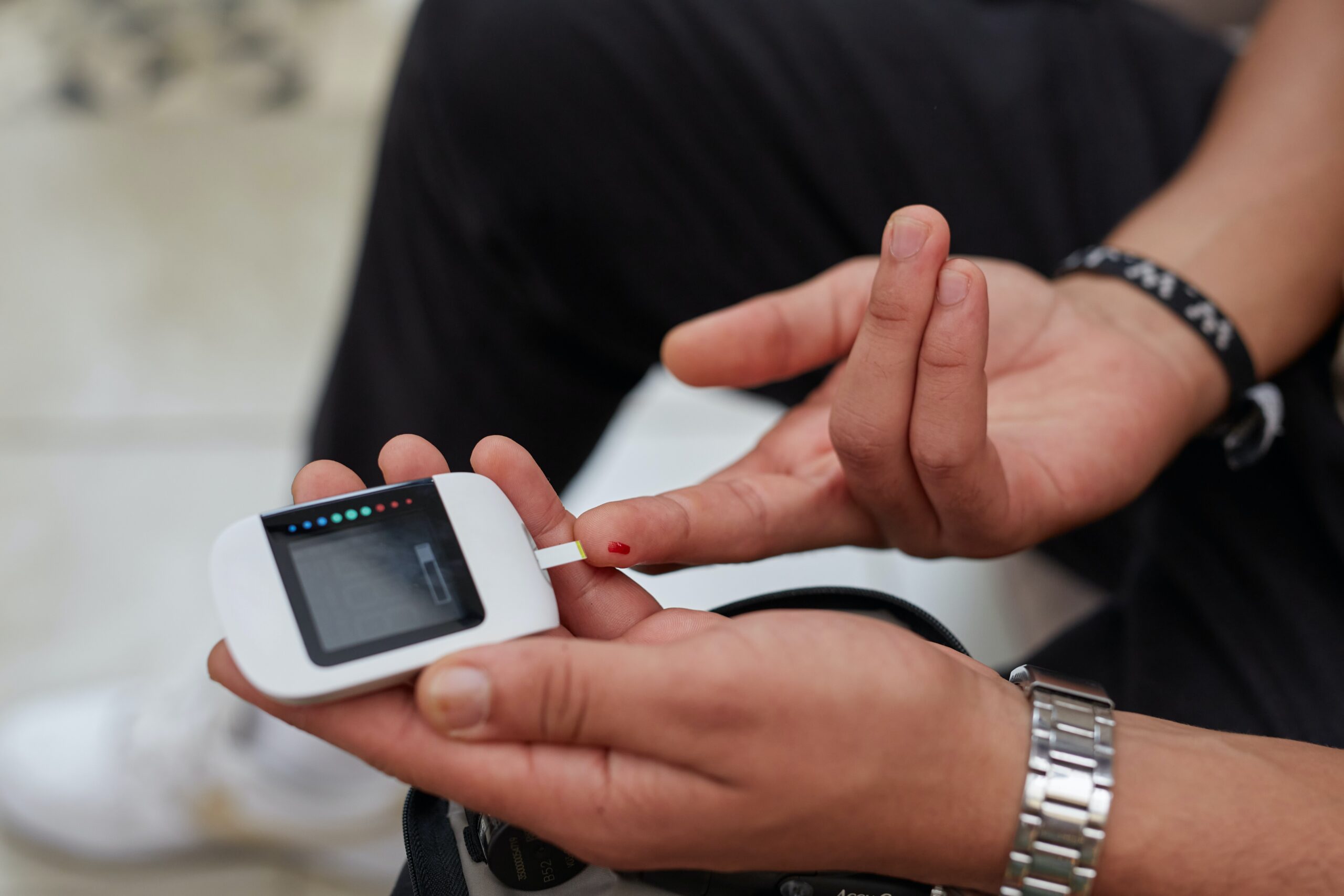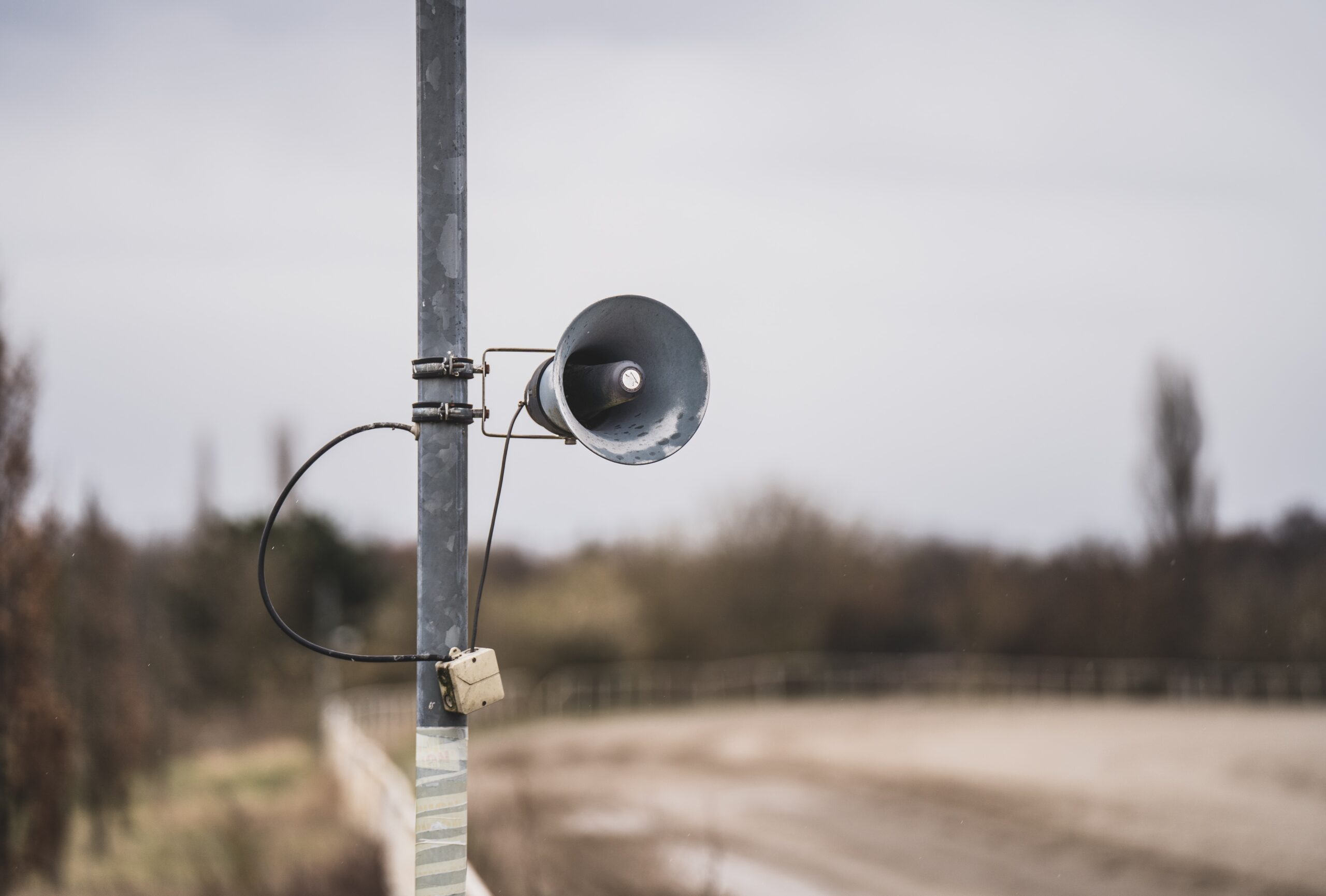Insights and Commentaries
Feeling old and useless – the silent suffering of seniors dealing with mental health challenges
Compared to younger cohorts, Singapore seniors are less likely to seek help for their mental health.
 Yiyun Shou
Yiyun Shou


Talking to someone about one’s mental health struggles is tricky business. The topic is still shrouded in taboo, and opening up about it may convey weakness and invite judgment.
Now imagine how much more difficult this may be for seniors who suffer from depression or anxiety. According to the Ministry of Health’s (MOH) National Population Health Survey 2022, older adults aged 60 to 74 are least willing to seek help from healthcare professionals and informal networks, compared to younger cohorts.
Older generations may not be as familiar with mental health issues as younger folks. They may keep their emotional suffering to themselves, thinking it is a normal part of ageing, not wanting to feel like a burden to their family or friends.
They may also be living alone, dealing with chronic ailments or financial issues, and may simply have no one around them to open up to. According to a Duke-NUS study conducted from 2016 to 2017, 34 per cent of older Singapore citizens and permanent residents perceive themselves to be lonely, with the likelihood of them reporting so increasing with age.
This year’s theme for World Mental Health Day on Oct 10 is “mental health is a universal human right”. How do we ensure that seniors are not left behind?
RESISTANT TO CHANGE
While there are community initiatives which engage older adults struggling with mental health challenges, it is sometimes the seniors themselves who are reluctant to try solutions to improve their mental health.
Stepping out of their comfort zone to partake in community activities might feel overwhelming, and travelling to unfamiliar locations could lead to disorientation and stress.
Seniors may refuse medication out of a fear of costs or side effects and can feel self-conscious about discussing their preoccupations with a therapist or a peer support group. These solutions may look alien to seniors who have coped well with the hardships of life in their younger years.
Social isolation, fear of setbacks, low mental health literacy, as well as health and social struggles all heighten seniors’ risk of poor mental health.
The suffering can sometimes be too much to bear. There were 476 suicides reported in Singapore in 2022, the highest number in over 20 years, and those aged between 70 and 79 registered the biggest increase – 60 per cent – compared with figures in 2021.
The uncomfortable truth is that more and more seniors are choosing this tragic solution, possibly finding the emotional pain of multiple stressors too insurmountable.
MEET SENIORS WHERE THEY ARE AT
Modern culture and society dictate that we do things fast. However, time may work more slowly for many seniors who are used to a different, less tech-oriented lifestyle.
To really connect with older parents or grandparents as their relatives, friends, or caregivers, we need to meet them where they are. This could mean dedicating time to listen, chit-chat and create new shared experiences with the seniors in our lives.
Many family members meet their older relatives regularly, but sometimes that time is spent talking about practicalities rather than topics requiring an emotional touch.
Rather than quick reassurance or trivialisation, showing curiosity about their preoccupations and reacting with empathy may help nurture trust and a sense of security in older relatives, encouraging them to open up and identify ways the family could help them.
Two-way communication is important, so family members should also take time to explain their own challenges, using a pace, tone and volume that makes it comfortable for their older relatives to understand any context and to ask further questions.
Involving seniors in the family’s life by listening to their opinion, inviting them to join everyday activities, and asking for their help can further strengthen ties and mutual feelings of being valued and appreciated.
MORE MENTAL HEALTH SERVICES
In a soon-to-be-published study conducted by the Division of Family Medicine at the National University of Singapore on general practitioners’ (GPs) perspective on late-life depression, GPs named trust and rapport between doctor and patient as the cornerstone to detect and address mental suffering in older individuals.
Unfortunately, some older patients may not see a GP regularly, which limits follow-ups and rapport building.
Over the next two years, mental health services will be included in Singapore’s national preventive healthcare programme Healthier SG. At present, 17 out of 24 polyclinics offer mental health services – but by 2030, all new polyclinics will do so.
This is a positive starting point to create the necessary safe space for older patients and their GP to talk about mental health.
Hopefully, the next steps for the management of seniors’ psychological needs will include training, remunerating and supporting primary healthcare providers at the same level as what is done for physical illnesses such as diabetes or colon cancer.
Educational measures could also help the public recognise signs of mental suffering in their older relatives, friends, and neighbours. These can inform caregivers and seniors where they can seek help, and what evidence-based treatment solutions are available, such as community-based activities, counselling, psychotherapy, and medication, some of which can concomitantly alleviate physical symptoms like insomnia.
By 2030, around one in four citizens will be aged 65 or above, and life expectancy in Singapore is bound to increase. While this is a testament to improved healthcare and advancing technologies, it also heightens the importance of supporting older adults with mental health challenges.
The more we involve seniors in our lives and support them in the challenges they face, the more likely they will feel valued and happy. This in turn will make our society thrive.
This article was first published on ChannelNewsAsia.


